
Unlocking the Mysterious Power of PPS LCF Composites
PPS LCF Reinforced Composites is a type of high-performance composite material. PPS, or polyphenylene sulfide, is a special engineering plastic with excellent performance. It inherently has outstanding heat resistance, chemical corrosion resistance, flame retardancy, and good electrical properties. "LCF" represents long carbon fibers. When long carbon fibers are combined with PPS to form PPS LCF Reinforced Composites, a synergistic effect occurs, greatly enhancing the material's performance. In terms of mechanical properties, this composite material has extremely high strength and stiffness. Compared to unreinforced PPS, its tensile strength, bending strength, and impact strength are significantly improved. This enables it to withstand greater loads and stresses, making it suitable for manufacturing components that operate under harsh conditions. At the same time, the addition of long carbon fibers also improves the thermal conductivity of PPS, making it perform well in applications with high heat dissipation requirements, such as the housings and heat sinks of electronic devices.
PPS LCF Reinforced Composites also has a low coefficient of thermal expansion and good dimensional stability, and can still maintain good performance in environments with large temperature variations. Due to these excellent performance characteristics, PPS LCF Reinforced Composites has broad application prospects in many fields such as aerospace, automobiles, and electronics. For example, in the aerospace field, it can be used to manufacture structural components of aircraft; in the automotive industry, it can be used for components around the engine; in the electronics field, it is suitable for packaging and heat dissipation components of high-power electronic components.
Product By Features
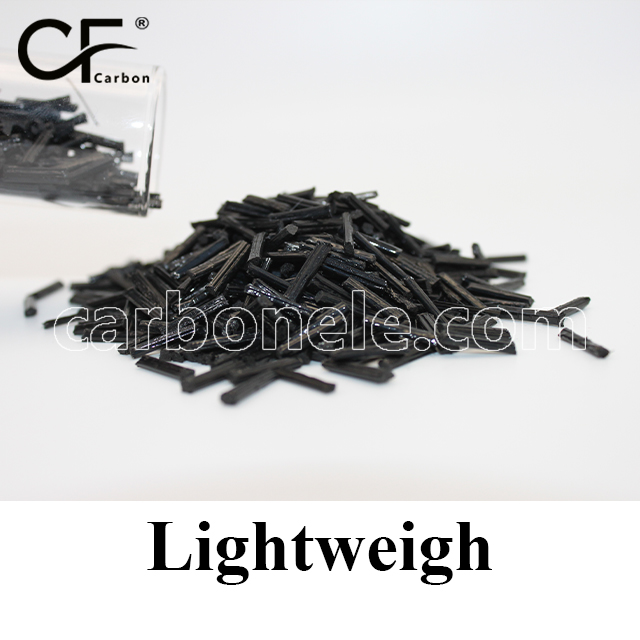
High temperature resistance PPS-LCF60 composite...
PPS-LCF60 is a high-performance engineering plastic with 60% carbon fiber reinforcement, offering exceptional strength, rigidity, thermal stability, and chemical resistance. It is ideal for extreme load-bearing, high-temperature, and chemically harsh environments in industries such as aerospace, automotive, and manufacturing.
Learn More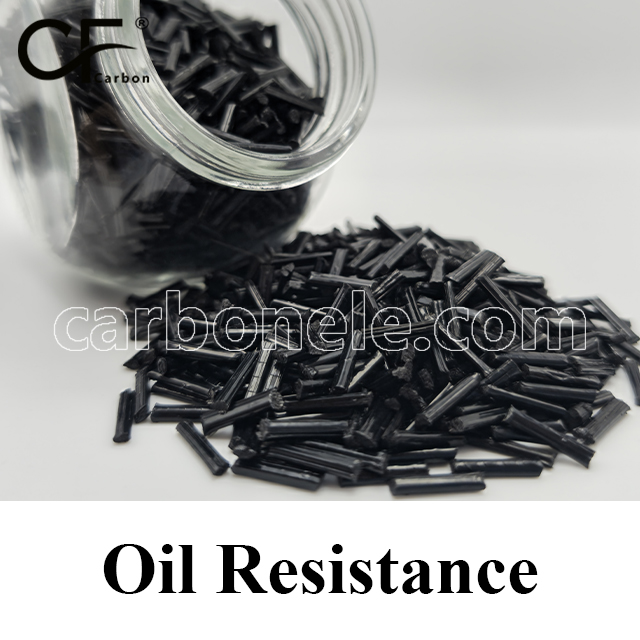
PPS-LCF50 high strength composite material
PPS-LCF50 is a high-performance engineering plastic with 50% carbon fiber reinforcement, offering exceptional strength, rigidity, thermal stability, and chemical resistance. It is ideal for extreme load-bearing, high-temperature, and chemically harsh environments in industries such as aerospace, automotive, and manufacturing.
Learn More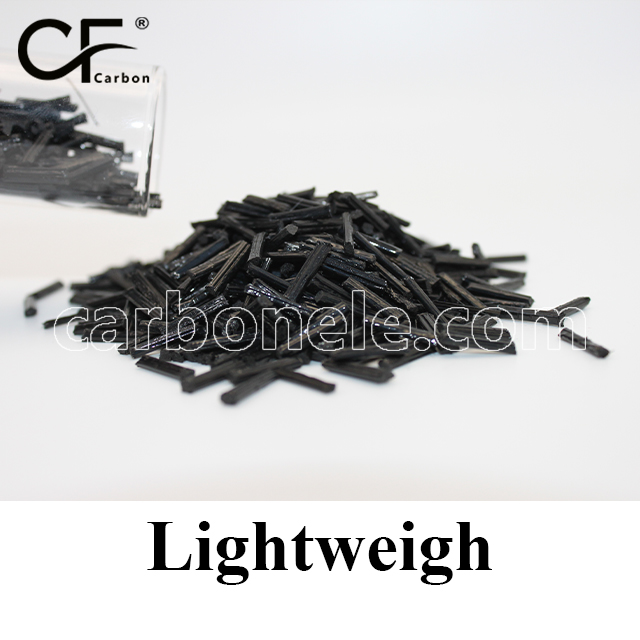
High strength PPS-LCF40 composite material
PPS-LCF40 is a high-strength, thermally stable engineering plastic reinforced with 40% carbon fiber. It offers exceptional performance in extreme temperatures (up to 300°C) and harsh chemical environments, making it ideal for high-stress applications in automotive, aerospace, and industrial sectors.
Learn More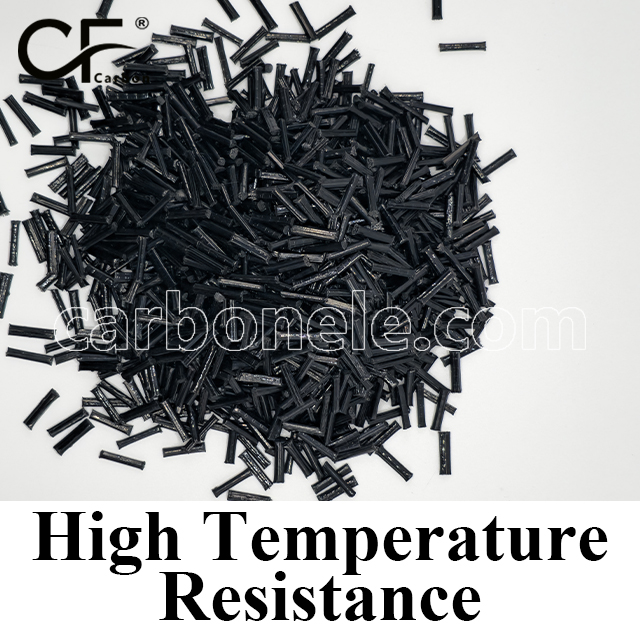
High strength composite material PPS-LCF30
PPS-LCF30 is a high-performance plastic reinforced with 30% carbon fiber, offering superior strength, thermal stability, and chemical resistance. Ideal for high-load, high-temperature, and chemical environments, it is commonly used in automotive, industrial, electronics, and aerospace applications.
Learn More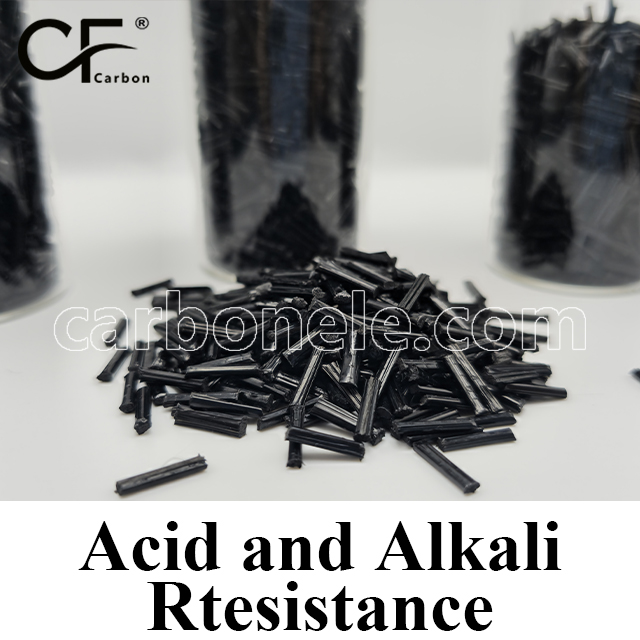
Composite Materials PPS-LCF20 High-Strength
PPS-LCF20 is a high-performance material with 20% carbon fiber, offering enhanced stiffness, strength, and thermal stability. It’s ideal for automotive, industrial, and aerospace applications requiring high mechanical stress, heat resistance, and chemical durability.
Learn More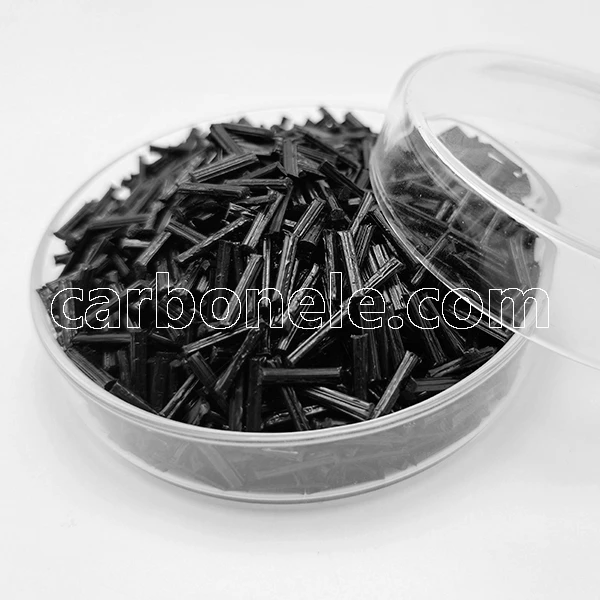
High Strength PPS LCF5 for Robot Casing
PPS LCF5 is a thermoplastic composite material with outstanding performance. ...
Learn More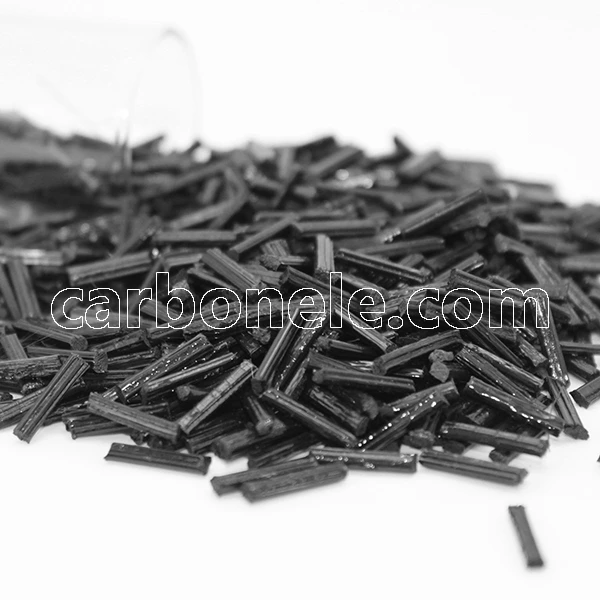
Factory Competitive Prices PPS LCF60 Robot Arms...
PPS LCF60 takes polyphenylene sulfide as the base material and adds up to 50% long carbon fiber as the filling material for reinforcement and modification. This unique combination endows PPS LCF60 with powerful performance and a wide range of application fields.
Learn More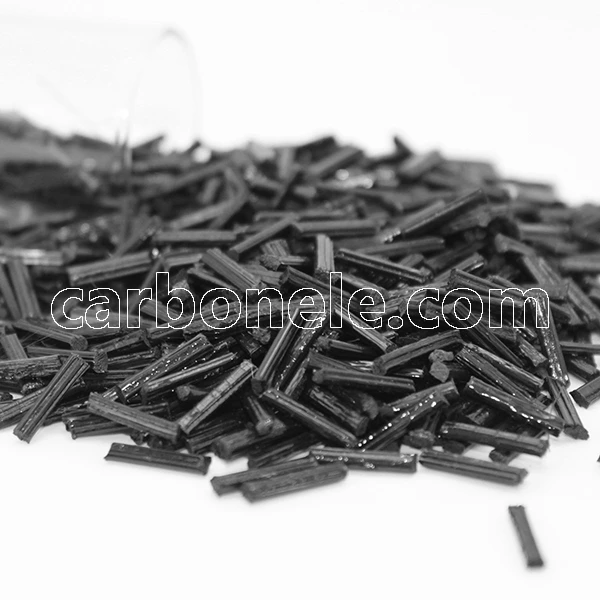
Engine Intake Manifold Raw Material PPS LCF50
PPS LCF50 has excellent properties. It offers high temperature resistance up to 260°C, outstanding mechanical strength, low water absorption, chemical corrosion resistance, dimensional stability, and good electrical insulation.
Learn More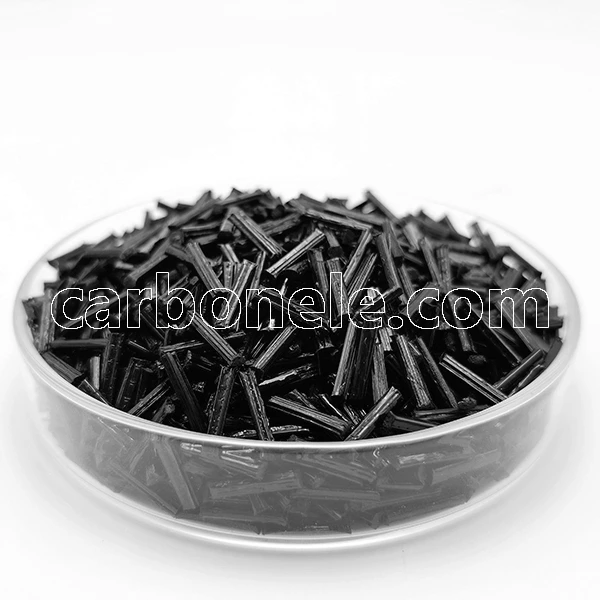
Best Factory Price PPS LCF40 Composite Raw Mate...
PPS LCF40 is a high-performance thermoplastic engineering polymer that exhibits outstanding heat resistance, chemical corrosion resistance and mechanical robustness. It is extensively applied in domains such as automobiles, electronics, aerospace and others.
Learn More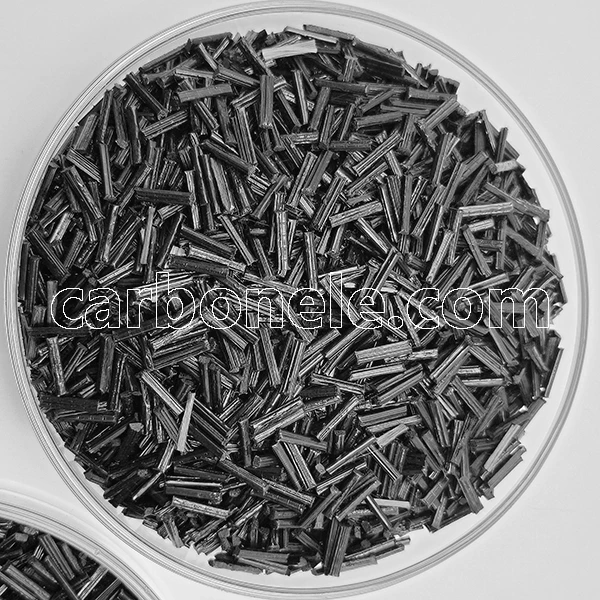
Electric Conduction PPS LCF30 Raw Materials Com...
PPS LCF30 has multiple traits. Long carbon fibers boost strength and stiffness. It’s heat-resistant, corrosion-resistant, low shrinkage. Has conductivity for some uses.
Learn More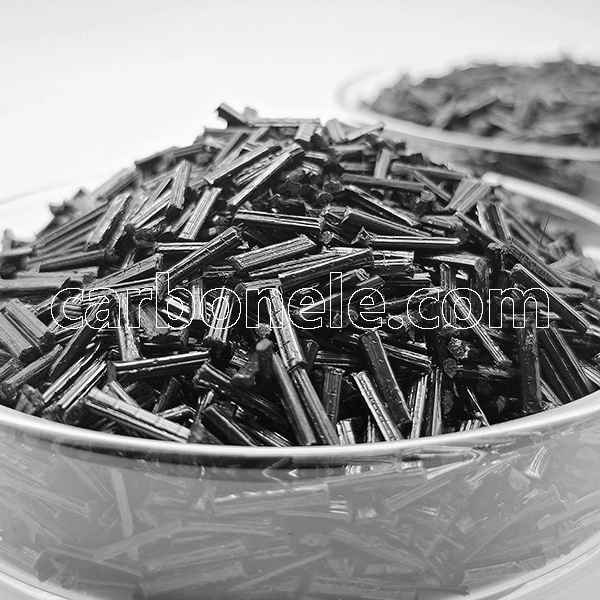
Polyphenylene Sulfide 20% Long Carbon Fiber PPS...
With PPS as base and 20% long carbon fibers, PPS LCF20 offers greater strength, rigidity and thermal stability. Made by melt mixing and injection molding for uniform fiber dispersion and effective processing.
Learn More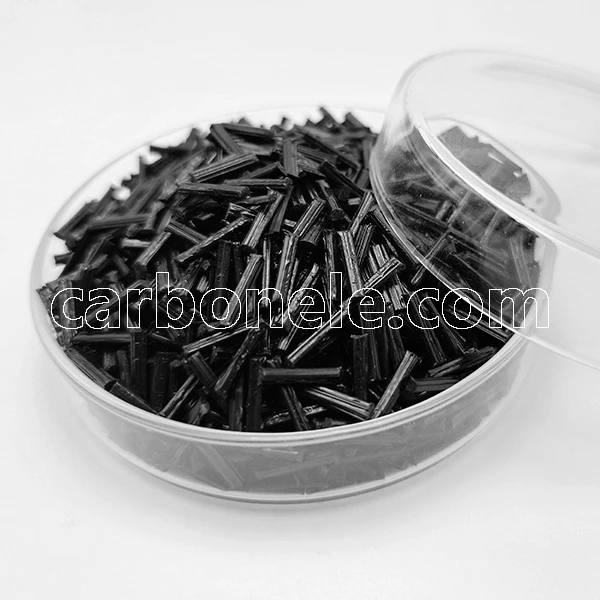
Impregnation Process Methods PPS LCF10 for Turb...
PPS LCF10 is used in a wide range of high-tech industries, including aerospace, automotive, and electronic devices. In the aerospace sector, its high-temperature and corrosion resistance make it an ideal material for manufacturing critical components like turbine blades.
Learn MoreProduct Feature Box

ABRASION RESISTANCE

ECO FRIENDLY

LIGHT WEIGHT

WEAR RESISTANCE

SCRATCH RESISTANCE

ANTI STATIC

HIGH STRENGTH

CONDUCTIVE MATERIALS
Company Advantage

Professional R & D Team
Carbon (Xiamen) New Material has a team of experienced material scientists, engineers, and technical experts. They innovate and improve products. Material scientists enhance interfaces, engineers optimize designs, and experts use tech for monitoring and efficiency. The team actively participates in industry conferences and workshops, fostering a culture of learning and knowledge sharing, which leads to continuous improvement in product development and process optimization.

Cost Advantage
Through process optimization, strategic raw material purchasing, and large-scale production, Carbon (Xiamen) New Material reduces costs. Lean production reduces waste. Long-term supplier partnerships get better prices. Automation lowers labor costs, enhancing price competitiveness. Additionally, it implements effective cost management strategies and continuously evaluates its cost structure to identify further savings opportunities without sacrificing product quality or customer service.

Export Qualifications and Certifications
Carbon (Xiamen) New Material has export qualifications and international certifications like ISO 9001 and AS9100. These boost product recognition and competitiveness, opening doors to high-end markets and various industries. It is constantly working towards obtaining additional certifications and adhering to the latest industry standards to expand its market presence and meet the evolving demands of global customers.
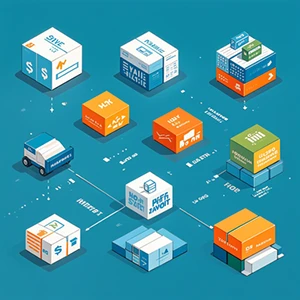
Efficient Supply Chain Management
Carbon (Xiamen) New Material has a mature supply chain that ensures raw material supply and on-time product delivery. Close ties with global suppliers guarantee quality. Cooperation with logistics experts ensures fast transportation. Real-time tracking predicts and resolves issues. The company also maintains a buffer stock of critical raw materials to mitigate supply chain disruptions and has contingency plans in place to handle unforeseen circumstances promptly.
Frequently Asked Questions
Carbon (Xiamen) New Material Co., Ltd. aims to provide buyers with "one-stop" worry-free high-quality services. Here you can find all information about carbon fiber engineering plastics. If you still have questions, please send us an email for consultation!
-
Question 1: What are the main advantages of PPS LCF Composites?
Answer: PPS LCF Composites offer superior mechanical strength, excellent heat resistance, low thermal expansion, and good chemical resistance.
-
Question 2: In which industries are PPS LCF Composites commonly used?
Answer: They are commonly used in aerospace, automotive, electronics, and industrial machinery industries.
-
Question 3: How does the addition of LCF affect the properties of PPS?
Answer: The LCF significantly enhances the mechanical strength and stiffness of PPS, making the composite more durable and suitable for demanding applications.
-
Question 4: Are PPS LCF Composites difficult to process?
Answer: Processing can be challenging due to their high performance characteristics, but with the right techniques and equipment, it is manageable.
-
Question 5: What are the cost implications of using PPS LCF Composites compared to traditional materials?
Answer: PPS LCF Composites tend to be more expensive than some traditional materials. However, their superior performance and longer lifespan can often outweigh the initial cost in certain applications.
-
Question 6: What are PPS LCF Composites?
Answer: PPS LCF Composites are a type of polyphenylene sulfide long fiber reinforced composites. It combines the excellent properties of PPS resin, such as high temperature resistance, chemical corrosion resistance, and good mechanical properties, as well as the higher strength and stiffness brought by long fiber reinforcement. For example, in the aerospace field, it can be used to manufacture lightweight components; in the automotive industry, it can be used for high-performance components around the engine.
-
Question 7: What are the main advantages of PPS LCF Composites?
Answer: Its main advantages include excellent heat resistance, which can maintain stable performance in high-temperature environments; good mechanical strength and stiffness, which can withstand large loads; and excellent chemical corrosion resistance, which can resist the erosion of various chemicals. For instance, in the equipment manufacturing of chemical plants, it is widely used because it can tolerate various chemical solvents; in the field of electronics and electrical appliances, it can be used to manufacture components that work in high-temperature environments due to its good heat resistance.
-
Question 8: How to process PPS LCF Composites?
Answer: Processing PPS LCF Composites usually requires the use of specialized processes and equipment. Common processing methods include injection molding, extrusion molding, and compression molding. When injection molding, it is necessary to pay attention to controlling parameters such as temperature, pressure, and injection speed to ensure the quality of the products. For example, for components with complex shapes, injection molding is an efficient processing method; while for large plates or pipes, extrusion molding may be more applicable.










